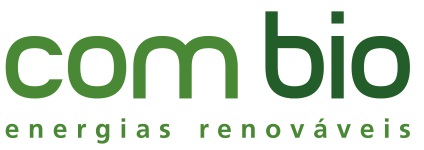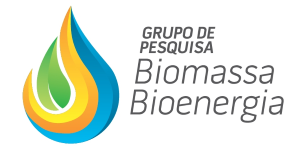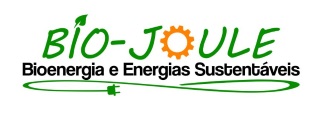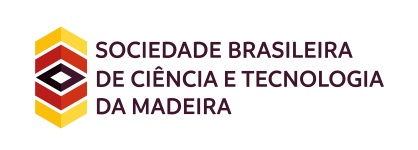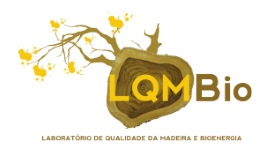SEGREGATION OF ORGANIC MATTER FROM THE SOURCE FROM SMALL COMMUNITIES AND ITS IMPACT ON THE EFFICIENCY OF BIOGAS GENERATION IN COMMUNITY BIODIGESTERS.
04 - Biogas
 1 DENNER RIBEIRO MACHADO
1 DENNER RIBEIRO MACHADO
1 PUC MINAS
Biogas is the gas that comes from the decomposition of organic matter and represents an increasingly promising renewable source of energy in the face of growing energy demand and population growth. Such gas enters as an alternative to mitigate environmental impacts caused by the accelerated process of production of household solid waste and serves as a tool in solid waste management. The gas formed by the anaerobic digestion process consists of a mixture of gases, basically by methane gas (CH4), a colorless, odorless gas with a high calorific value. The implementation of an appropriate waste management brings, if selectively collected, economic and environmental benefits. Based on this panorama, the present work reports the state of the art that justifies a deeper investigation on the hypothesis that the methanogenesis, fundamental stage of the anaerobic digestion process, depends fundamentally on the quality of the substrate used. As a result of this research, it is intended to point out by means of a laboratory project in development that takes into account tests carried out with different substrates from domestic solid waste, with organic matter segregated or not at the origin and thus to highlight the importance of segregation and adequate management of the waste at the source. As well as pointing out a route for proper handling of these wastes in small communities.
Keywords: biogas; solid waste; organic matter; source segregation.
